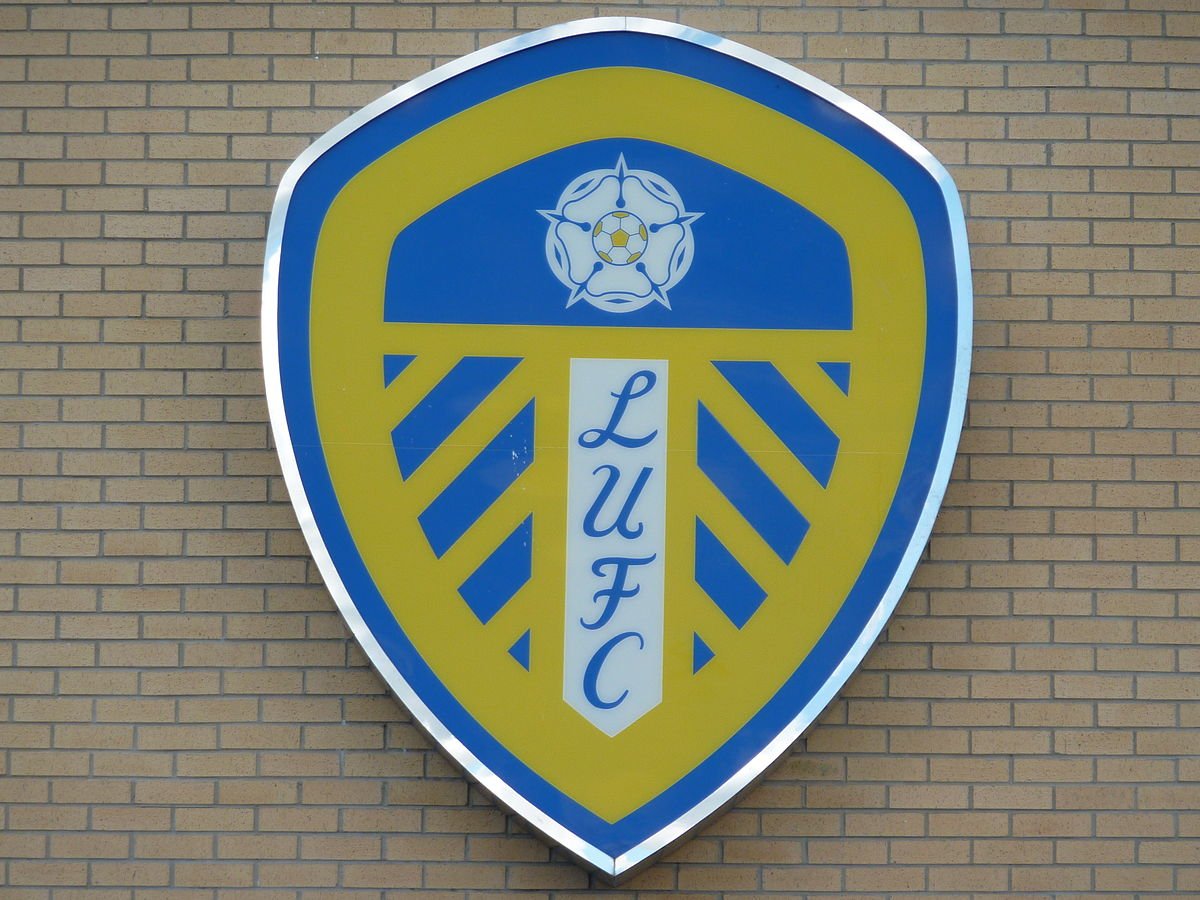The car pulled to a momentary stop and I stepped quickly out onto the wet concrete. (Leeds City Centre is always wet). I was outside the City railway station, brushing past travellers who scurried in and out of its packed, low-ceilinged entrance. They dissipated as I continued down to City Square, where a crowd was already forming around ‘The Black Prince’ pub, a sticky-floored nucleus which drew in clumps of the group only then to spit them back out minutes later, drunker and more passionate than ever. I could hear them before I could see them, though they hummed rather than roared. That would come later. Today was matchday, see, and these were the Leeds United supporters. My people (kind of).
I wasn’t born into Leeds fandom, to be honest. For a start, I wasn’t born in Leeds. Beverley – a flat, cobbled market-town in East Yorkshire – is my hometown, and it didn’t exactly dazzle with football-support options.We were too far from Hull City to be caught in the gravitational pull of its fandom, and occasional promotional visits to our school by some guy in an ill-fitting Tiger costume (their mascot) were unlikely to change that. That left two other options: sink into the quagmire of supporting a genuinely local team; or be lured by vacuous temptation (and perhaps some vague family link) into glory-supporting one of the national big boys.
Moving to Leeds, when I was eleven, gave me my first chance to love a football team,and, trust me, I really wanted to. A boy in Yorkshire who doesn’t love football is seen as a riddle of almost philosophical complexity. It’s unfathomable. So, rather than admit my apathy to the beautiful game: “Yeah I basically support Hull City/ Wayne Rooney/ mostly just England”.
The problem was with Leeds itself. United is a football club that is so soaked into the fabric of the city, that supporting it seemed like the ultimate and most difficult part of my transition across the county. There were surely more obvious things to sort out first: like my voice, which was embarrassingly soft and languid compared to the hurried, broad grunts of the average Leeds fan.
Still, the club’s chaotic underdog status couldn’t help but inspire some of my sympathies, even as a (then) non-football person. The seventies glory days under Don Revie now ancient history, the team had only just hauled itself back into the Championship (from League One) when I arrived in the city. It was stuck there for apparent perpetuity, with a highly eccentric owner, and a record-breaking number of managers (eleven in just over five years at one stage). “Aaaaand we’ve had our ups and downs” goes ‘Marching on Together’, the club’s anthem. But the ups seemed a very long time ago.
That disjuncture between the old and the new meant that supporting Leeds required almost religious belief. Thankfully, all the spiritual apparatus was there. The history, as I say: a saga of the frosty north that regenerated and legitimated itself with every sombre retelling. Music, also: when the crowds roar ‘Marching on Together’, I defy anyone with red blood in their veins not to feel its pulse. In the club’s stadium, Elland Road, too, there was a place of worship exquisitely designed as a temple to riotous northern fandom. It’s a cauldron which has, in its time, welcomed some of the best teams in the world and ordered them, through its holy magnitude, to pay attention, and offer respect.
And running through it all was faith. Faith that success would come back, that major players would eventually join rather than leave, and faith, above everything, that Leeds (or “we” as I was quickly coming to call them) were still a ‘big’ team.
Slowly, then, I was converted. A gloomy, goalless draw with Sheffield Wednesday was my Damascus. Hearing ‘Marching on Together’ at Elland Road did it. How could it not?
So, let’s go back to ‘The Black Prince’ – the starting point for the collective march up to Elland Road. I wander along, with friends whose knowledge is more developed than mine, though it’s only passion that counts. Eventually, the stadium comes into view, and our communal energy is replenished by the Billy Bremner statue outside the stands. The floppy-haired Scots legend, captain of the club in its most successful period, punches the air with both his unnaturally long arms – a sinewy and dynamic roadside icon on this footballing pilgrimage.
With the club now tantalisingly close to the top of the Championship table, and playing a lush, free-flowing football capable of dazzling even the best teams in the country, the long years in the wilderness might just be coming to a close. And while a return to the Premier League would be celebrated deliriously across the city, the outsider fan within me can’t help but feel a pang of regret. If Leeds United become good again – properly good – then won’t they lose just a bit of the underdog status which made them so addictively likeable in the first place?



